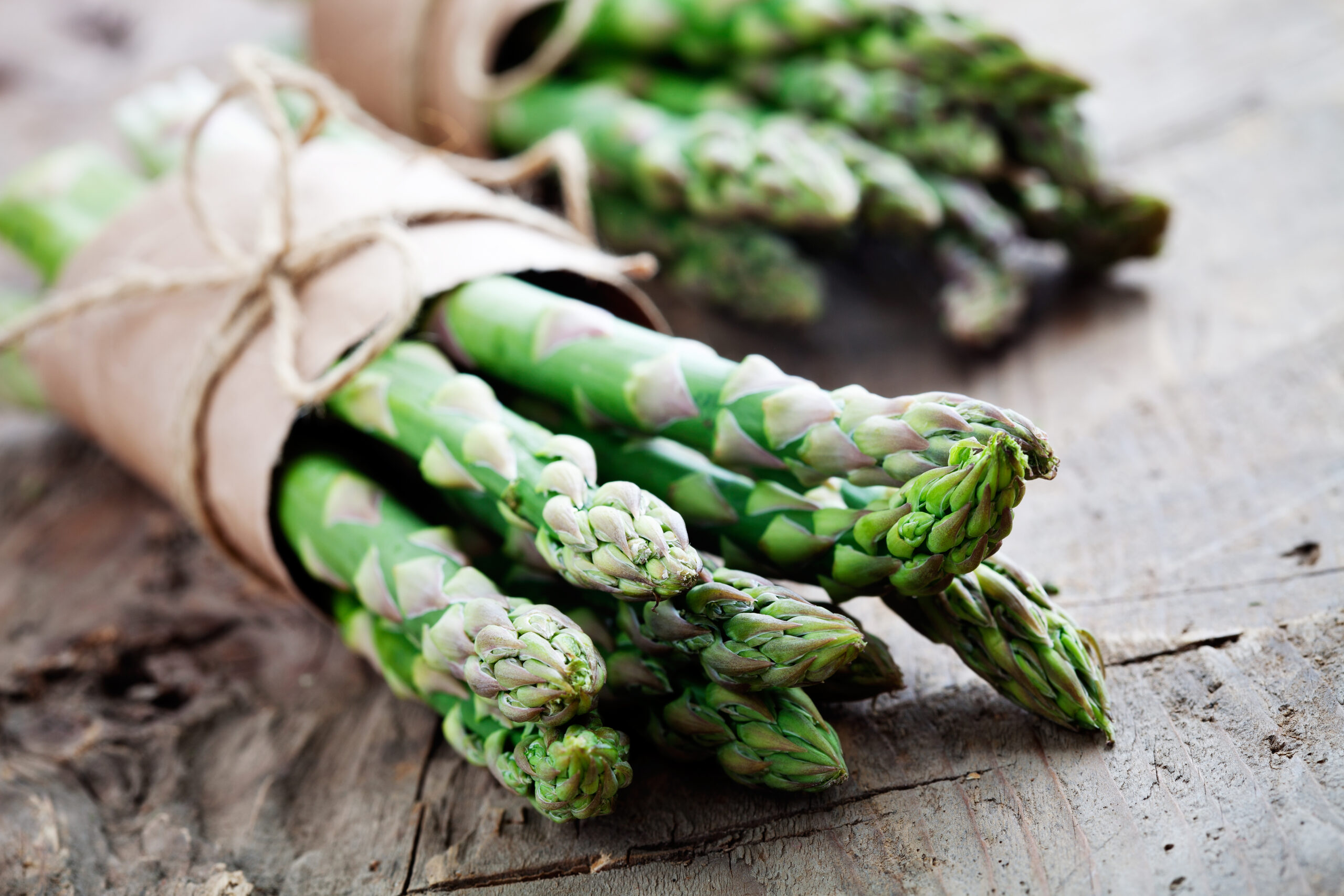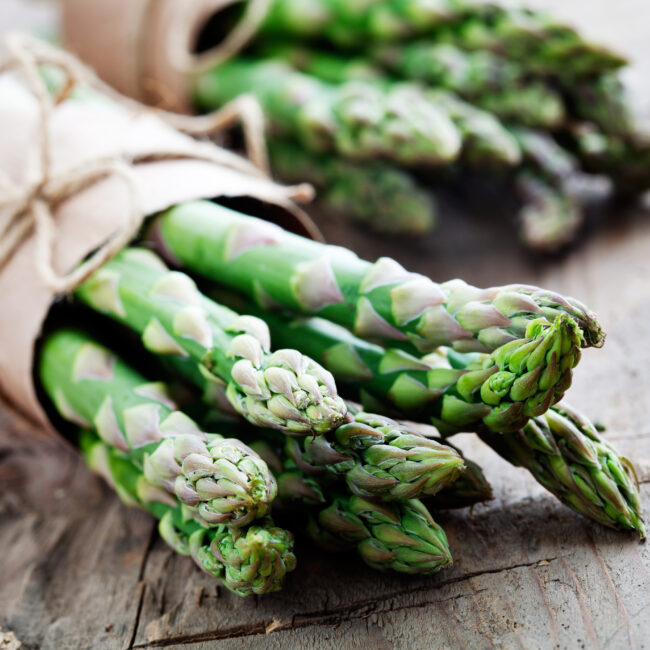According to the European Central Bank, many companies have higher profit margins despite rising costs.
Such a steep rise will only hurt consumers – and strain the pockets of producers.
“Supermarkets need to step up their game and ensure everyone has easy access to basic, affordable groceries at a store close to them, especially in areas where people need help most.
“Retailers also need to offer transparent pricing so people can easily find out which products offer the best value for money.”
Figures from the supermarkets
The new figures show that the discounters Lidl and Aldi are still the cheapest shopping options, but show the largest price increases on average over the year.
The tracker shows prices are up 24.4 per cent at Lidl, compared to 22.7 per cent at Aldi, 17 per cent at Asda, 16.7 per cent at Morrisons, 14.2 per cent at Waitrose, 14.1 per cent at Sainsbury’s, 14 percent at Tesco and 10.3 percent at Okado.
The annual rate of increase has fallen for some categories, such as butter and spreads, but has risen for other staples.
For example, inflation rose from 11.6 percent to 13 percent for vegetables, from 13.4 percent to 15.1 percent for juice drinks and smoothies, and from 13.4 percent to 14.6 percent for cereals.
Products that have doubled in price in a year include Asda’s Free From Special Flakes, Morrison’s Free From Corn Flakes, Tesco Creamfields’ French Brie, Lidl’s Camembert Chene D’argent and Waitrose’s Essential Italian Mozzarella.
Many own-brand products showed the biggest increases, for example Aldi’s Nature’s pick Honeydew Melon rose 79 per cent to £1.70.
Lidl has the What? Results.
It said: “We are very concerned that since the launch of this ‘tracker’, which? has consistently chosen to publish information that we and other retailers have confirmed to be incorrect.’
Overall consumer prices in the UK rose 8.8% in the 12 months to January 2023, adding hundreds of pounds to monthly fuel and food bills in some cases
Aldi insisted the supermarket would “always” offer the lowest grocery prices.
Asda, Morrison’s, Waitrose, Ocado and Sainsbury’s all cited inflationary pressures but insisted they were working hard to keep prices ‘competitive’ for customers.
As reported in The Times, Morrisons said it recently reduced the price of 1,000 popular products, while Ocado said it is investing in the price of branded and private label products.
There was no reply from Tesco.







